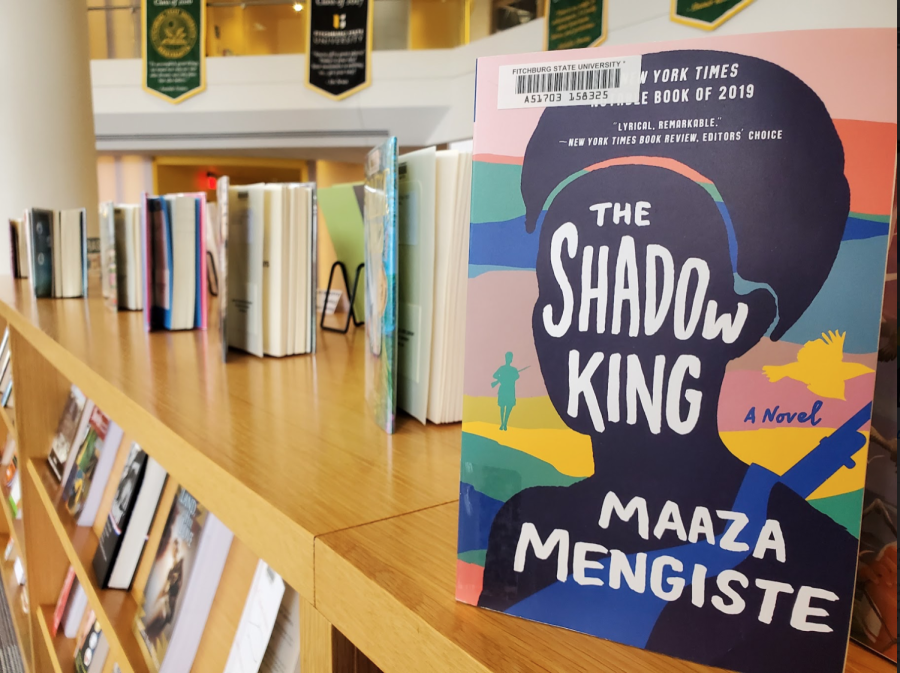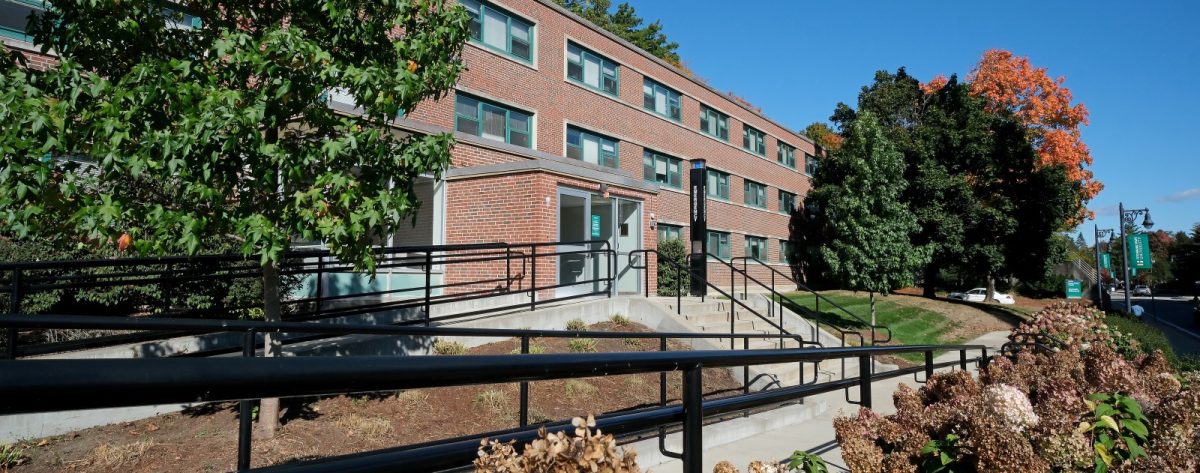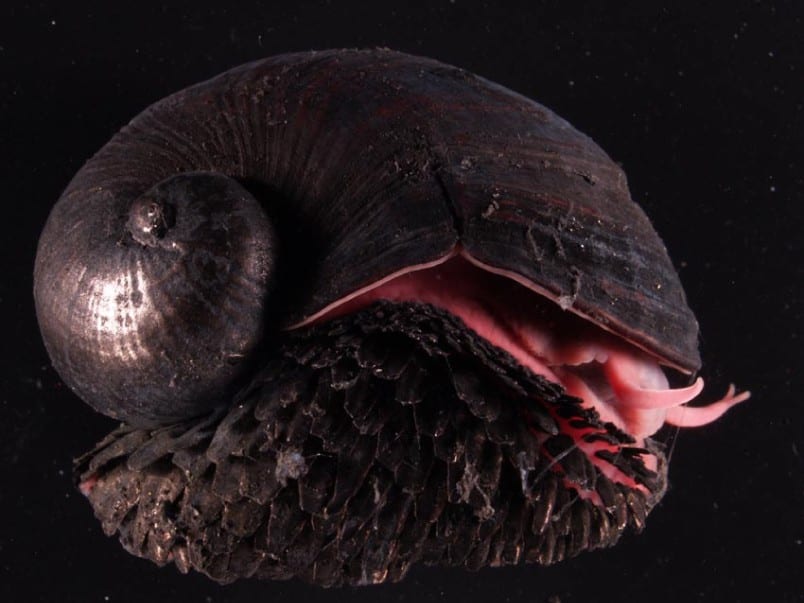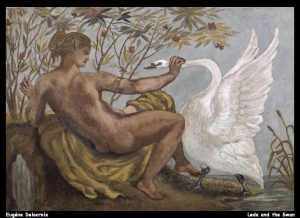Acclaimed Ethiopian-American discusses overlooked history and writing The Shadow King
February 28, 2022
On Tuesday, Feb. 15, 2022, the Fitchburg State University Center for Italian Culture held a virtual keynote event featuring author, Maaza Mengiste. An Ethiopian-American writer of the novel, The Shadow King.
The event began with Mengiste’s examination of her research for her novel, The Shadow King. Set in Italy during the 1935 invasion of Ethiopia under the reign of the fascist dictator, Mussolini. The Shadow King focuses on the often-unrecognized women soldiers who contributed to the Ethiopian resistance, and the role of memory within times of war. Mengiste expected that the research for it would take a long time in order to understand the Italian perspective of the war. She also knew that she would need practice when it came to research and writing. “I didn’t grow up in a writing world, I didn’t grow up in a literary family” she said. “I didn’t know what it meant to write a book” she added. Which is what led her to develop a different novel all together. While writing Beneath the Lion’s Gaze Mengiste began taking Italian lessons in anticipation of the research to be done in Italy, including working in the archives and speaking to Italians. The depth of the story she thought she knew took her over an entire decade to uncover.
During the decade, she traveled to Italy on a Fulbright scholarship, living there for a year. After reading the documents in the archives, Mengiste concluded that due to “propaganda, omissions, and falsehoods” on both sides, there was only a partial and sometimes a false record of history being told. Mengiste explained that while this story is set during a time of war, her focus was on one household, one with conflicting interests. There were intimate questions guiding the development of The Shadow King, about the memories that were no longer wanted and how to ultimately reach forgiveness. Mengiste told of one occasion when during a Q&A a man stood up and after explaining that his father was someone who dropped gas on the Ethiopians, he asked emotionally, “how do I begin to ask for your forgiveness?” Mengiste said that this was a moment she didn’t expect, and suggested to him that maybe through conversation, they could reach something that was like it. The man gave her a self-published book that was a collection of his father’s photographs, letters, and journal entries and through reading the book she was able to understand “the human side” of it. After her initial research, she said that she could have easily written the characters of her novel into monsters, but now she realized that these were people who loved, and were loved, and who were misled by their government. This led her to search for more first-hand accounts; diaries, photographs, letters. Through these accounts, she concluded that history was not a linear perspective but rather prismatic, having multiple sides that are all “equally weighted, and equally true”.
Mengiste told the audience that after the first five years, she actually completed the novel but with an unshakeable sense that it was “missing something” and so she scrapped the entire manuscript to begin fresh. A shocking discovery for Mengiste was when she uncovered that of the role of women within this war. Thousands of women had enlisted, including her own grandmother, which she hadn’t known about until her final year of her research in a subtle comment by her mother. This shed light upon the history of women, and how it was traditionally told and passed down as stories around the kitchen table, never actually making its way into the history books. Mengiste said this left such an impression on her that she began calling family members out of the blue to ask, “what is it that you haven’t told me yet?”
Mengiste offered a word of advice for budding novelists. “Those who publish were the ones that didn’t give up,” she said, and she hasn’t let The Shadow King’s success stop her. Mengiste is currently putting efforts into “an artistic and educational endeavor through photographs”, called Project 3541.












